Good evening steemians. Last week i had read some news and those were spread around very quickly but today those turned out to be fake...
Such think has happened to most of us and many people that i have talked with told me same thing that they are tired of fake news no matter what type of information they are.
So i started digging up on internet and asked for permission of publishing this awesome article and it got approved so enjoy it my lovely followers and all of you steemians out there.
"SAY NO TO FAKE NEWS"
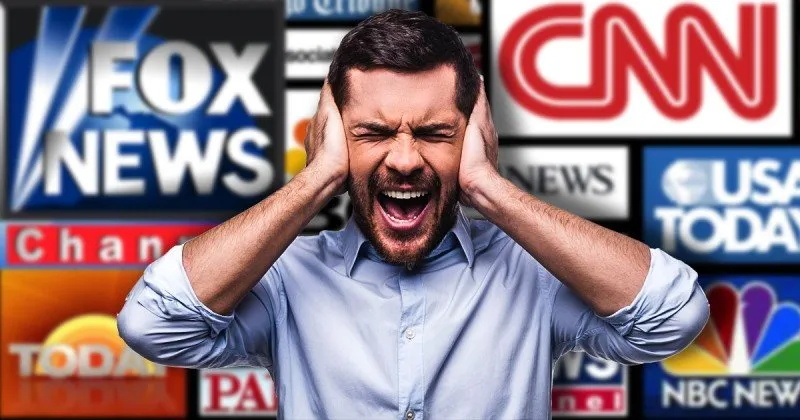
Raphaël Hadas-Lebel
PARIS - How can societies strive to spread false information, often fabricated, flowing through the internet and through social media, spitting political debates almost anywhere?
This question has been demanding democracy advocates, at least since the 2016 presidential election in the US. And at a press conference outside the presidential palace this month, French President Emmanuel Macron offered his answer.
Macron's goal, apparently, is to "restrain" the false news by law. He is promising that by the end of the year he will present a bill to punish those who spread disinformation during election periods.
But France already has a repressive law, which prohibits the publication and transmission of disinformation, with bad intentions. According to Article 27 of the famous Press Law of 1881, the dissemination of false information "by any means" is punishable by a fine of up to 45000 Euros, with the currency of today.
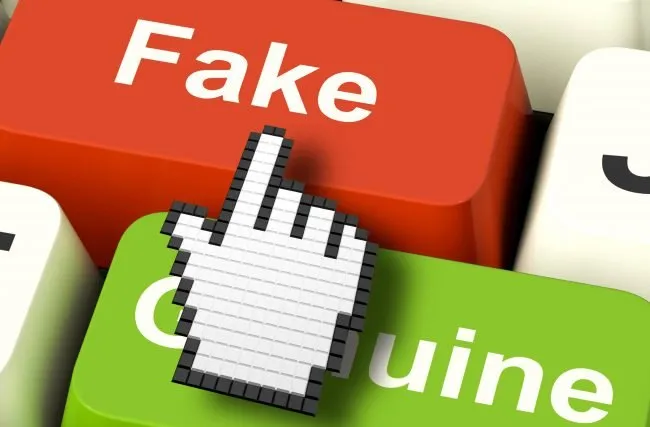
However, the Press Law applies only to information that has "spoiled public peace", which is very difficult to determine, no longer proven. Another law, part of the electoral code, provides for a one-year jail sentence and a fine of $ 15,000 for anyone using false information or other misleading maneuvers to steal votes. But this measure applies mainly to cases of electoral fraud.
So Macron's challenge is to prepare legislation for the digital era. Though he did not exactly say this in his recent speech, Macron is targeting the type of Russians intervening, who played a role already known in the 2016 US presidential election, but also threatened his presidential campaign spring of the year that passed.
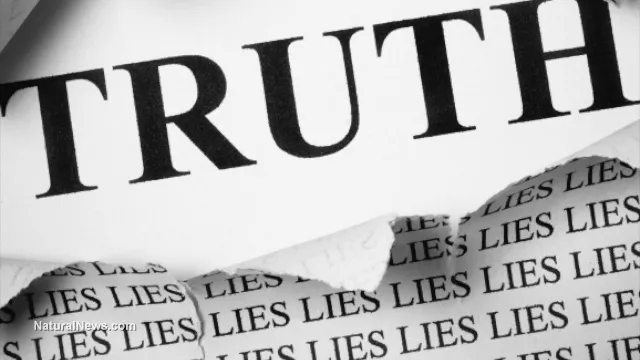
Macron is also looking beyond Russia. His broader objective is to protect democratic institutions against any regime that defends what he calls "political joliberalism," such as the governments led by President Erdogan in Turkey, Prime Minister Viktor Orban in Hungary, or the Law and Justice Party in Poland.
The first path that Macron is exploring is about transparency. Digital platforms will surely be subject to the highest transparency standards for all "sponsored content", not just discover the identity of those who advertise, but also limit the amount of money spent on their messages. Second, Macron will try to establish summary procedures in which judges may order certain content to be deleted, or that websites may be removed from search engines or even blocked.
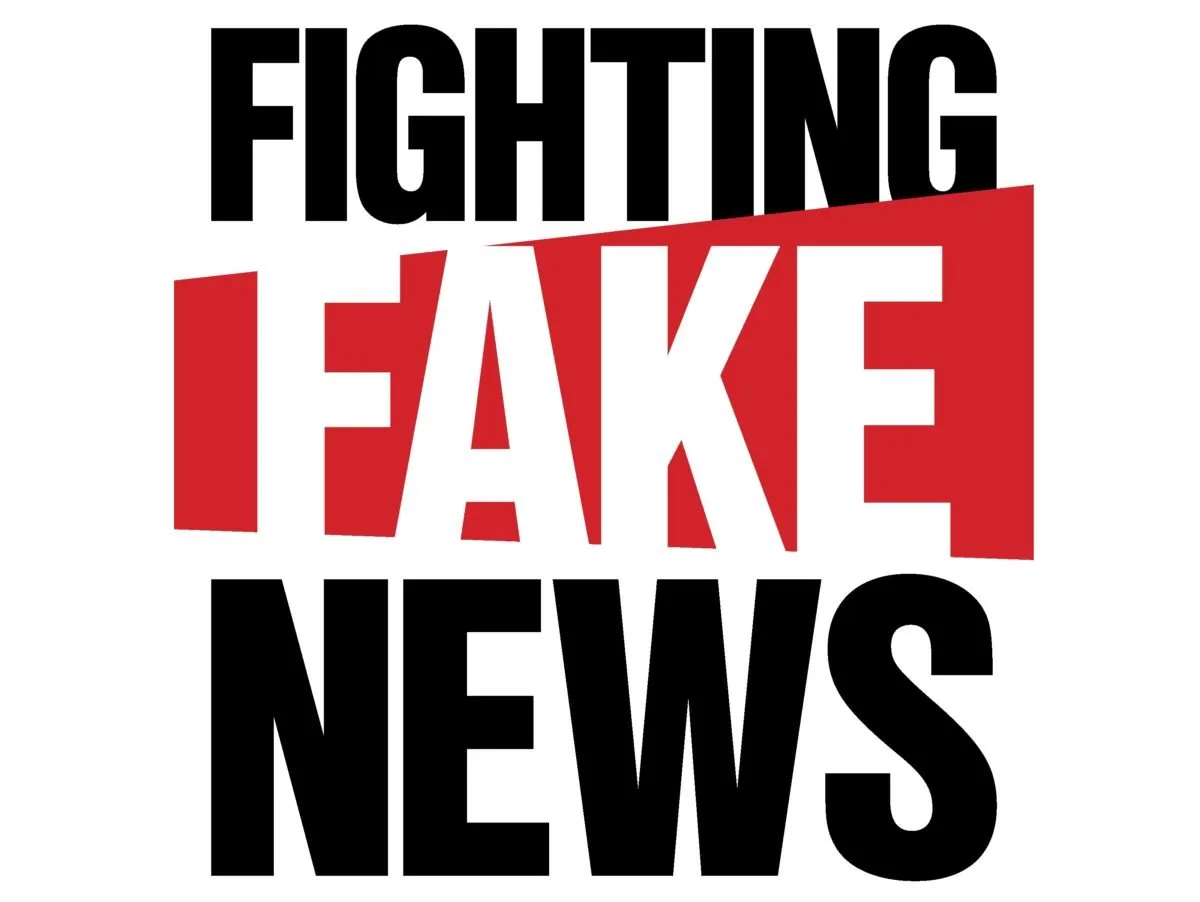
France is not the first country to try to build legislation against false news. On the eve of the federal elections in Germany last September, German parliament approved a law known as "NetzDG," which came into force on 1 January 2018. The law requires social networks like Facebook, Twitter and Youtube to remove all content illegal users - that includes hate speech, in addition to disinformation - within 24 hours, or face a fine of 50m euros. The Italian government, ahead of the general elections held in March, has also proposed a law against false news.
No wonder Macro's proposed legislation has provoked criticism, not only by Marine Le Pen and its National Front party, but also from the far left. Macron's critics have asked for help from legal experts who argue that existing laws are sufficient to curb false news.
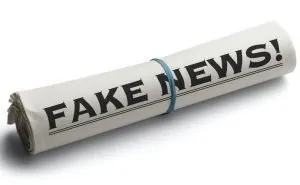
However, these experts have failed to grasp the extent to which new technologies, especially the social media, enable wrongdoing. Those who seek to spread disinformation and conspiracy theories are more likely than ever to do so. The need for new measures to ensure transparent and accurate online content should be clear.
Again, the new judicial procedure envisaged by Macon will have to be carefully examined. Should a judge have the power to decide immediately, what is true and what is false, and then impose fines? After all, "false news" can take many forms, and sometimes it unfolds without any evil purpose, to manipulate votes or distort election results.
A second complication is the far-flung question of network neutrality. It is assumed that the law will need to control disinformation and at the same time ensure that Internet providers (ISPs) handle all content online.
In addition, it remains to be seen how Macron will address social networks and online actors abroad, and over which French authorities have no jurisdiction.
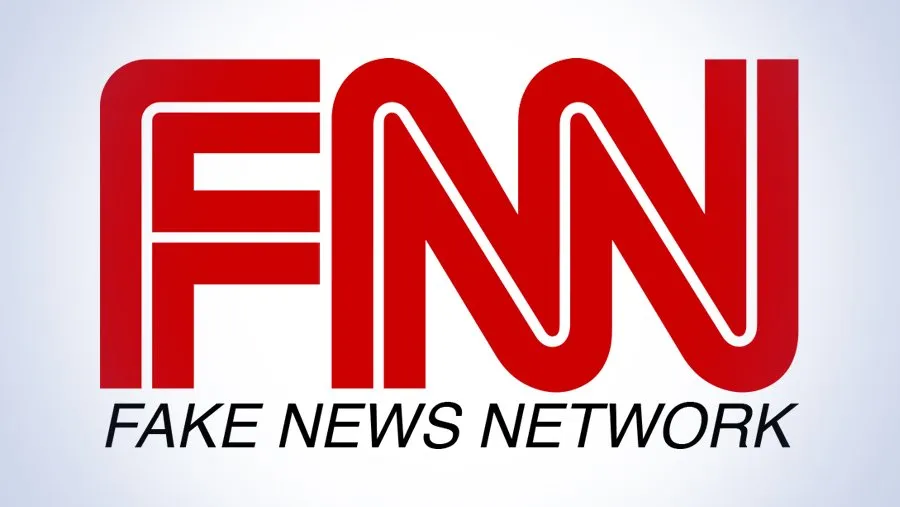
Image Source
I have nothing personal against CNN , i just found the image to be good one for the article...!
No reasonable person doubts that Macron wants to introduce censorship. But the law he proposes must include safeguards. For the time being, it is promising that the law will only apply for pre-election periods - a delicate moment in the public life of a democracy.
In any case, Macro's proposed legislation will simply be one of the tools in the fight against disinformation. Empowering the public to improve media education, and new classifications for social media platforms as publishers with editorial responsibility may also hurt disinformation campaigns.
After all, false news flow is a global challenge that will require a global solution. In this regard, the decision of the European Commission to gather a group of experts to lead a public consultation on this issue should be welcomed. We hope the process will result in a series of recommendations for the best way to move forward.
But until then, Macro's controversial proposals - to say the right 79% of French support, according to polls - will at least encourage citizens to start seriously thinking about a problem that touches the very foundations of a Western democracy. As we have seen in many countries, a disinformed voter is the enemy of a Democrat.
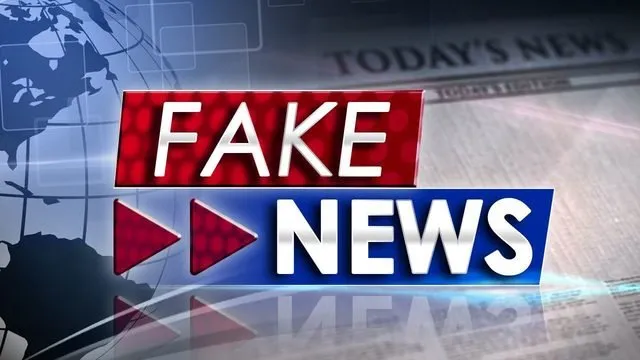
- The article was taken with the authorization from Project Syndicate, 2018. Reprinting / rebloging , can only be done with the permission of Project Syndicate -Can Fake News Be Outlawed?

** Follow me @helamia , Upvote , Comment & Resteem if you think more people should see this **
If you like the content Follow me. Thank you <3

